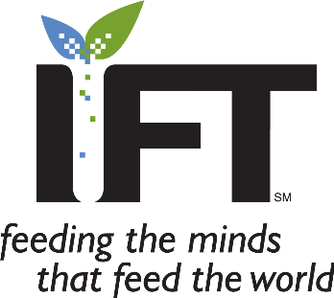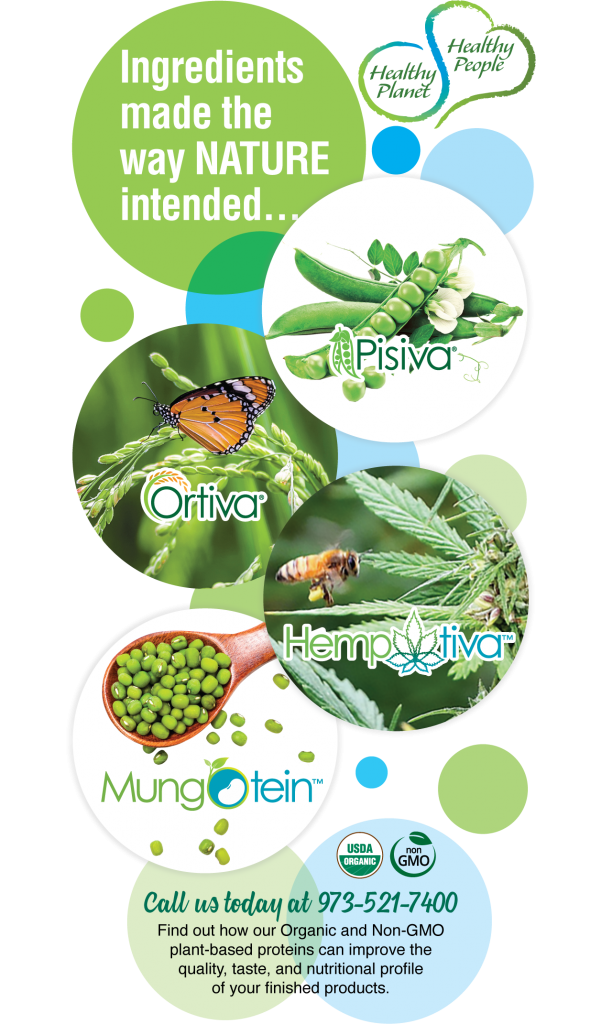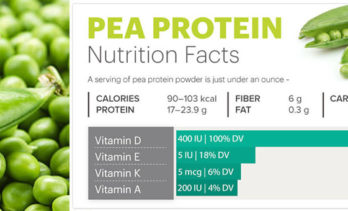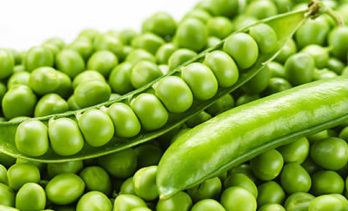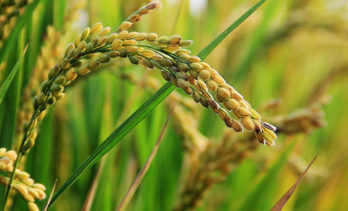
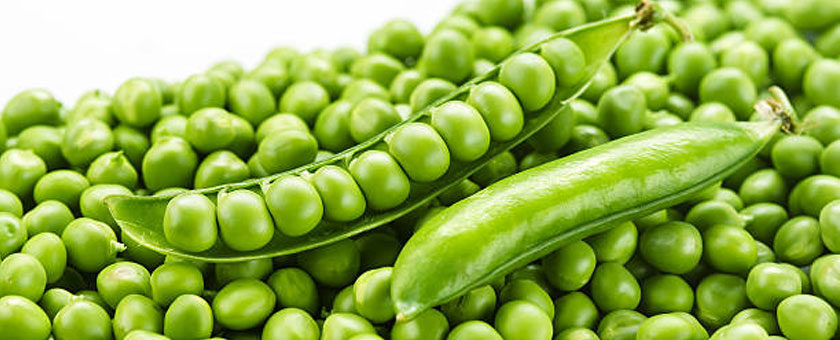
Pea Protein – Healthy Food Trend – Beneficial for Heart Health and Weight Loss
Whether you’re following a vegan diet or just trying to cut down on animal foods, pea protein will help you meet your protein needs. It can be a great addition to a healthy diet. This is due to their ability to provide essential and branched-chain amino acids in a highly absorbable form. It’s no longer just about split pea soup, though. The benefits of pea protein may play a growing role in the U.S. food market.
Pea protein appears to be the most hypoallergenic of all protein powders and has a 98% absorption rate. Pea protein has also been shown to be very easy on the digestive system and the protein is fairly quickly assimilated into muscle tissue. This is important because slower digesting and assimilating proteins have a greater chance of producing gas and making one bloated. Most plant proteins have poor assimilation rates but pea protein is one of the rare exceptions.
Proteins found in a common garden pea may lower blood pressure and relieve other symptoms in those with kidney disease, according to researchers in Canada. Peas long have been recognized as nutritional superstars, with healthful amounts of protein, dietary fiber, and vitamins wrapped in a low-fat, cholesterol-free package. In the current study, researchers prepared a protein extract, then fed it daily to rats with kidney disease. After eight weeks, the blood pressure of the rats who had been fed the extract dropped 20 percent compared with rats whose diet had not changed.
Researchers suggest that, in people with high blood pressure, the protein extract could potentially delay or prevent the onset of kidney damage and in people who already have kidney disease, the protein extract may help them maintain normal blood pressure levels so they can potentially live longer. This is sort of a natural approach to treating this disease, as opposed to the normal pharmacological approach. According to researchers, “We’re talking about an edible product, not a drug, which can help to reduce blood pressure and, at the same time, reduce the severely negative impact of kidney disease.”
In addition, pea protein has the ability to lower levels of the hunger hormone, ghrelin. Your stomach secretes ghrelin when it’s empty to tell your brain that you’re hungry. Pea protein produces a great number of peptides that delay the emptying of your stomach and secretion of ghrelin. In fact, pea protein matches dairy-based proteins in its ability to help you feel full for longer.
In a study conducted by the University of Toronto’s Department of Nutritional Sciences tested the effects of pea protein on food intake, glucose levels and appetite in healthy young men. While the addition of pea protein didn’t change food intake or appetite, the blood glucose levels of subjects stayed lower than they normally would. This suggests pea protein can be considered a value-added ingredient, and when added to other foods, it can improve glycemic control.
Pea protein is one of the richest sources of the amino acid L-arginine. Arginine is a key precursor of nitric oxide which is responsible for healthy circulation. Arginine’s role in the formation of nitric oxide has made it a key supplement for individuals looking to improve their cardiovascular health, athletic and sexual performance. Arginine is conditionally essential, meaning that you need more of it in times of stress or illness.
Pea protein is also a great source of the essential amino acid L-lysine. Lysine is the precursor of carnitine which is responsible for converting fatty acids into energy. It also plays an important role in the formation of collagen which is the building block of connective tissue regions such as bones, cartilage, skin and tendons.
The simplest way to get pea protein powder is to add it to your favorite smoothie. Pea protein can be used in either hot or cold recipes. Heat will not destroy the protein, it simply denatures the protein. As long as what you are cooking or baking is not burned or overcooked, the protein will still be usable by the body. You can add pea protein to casseroles, pancakes and even cookies.
Pea protein contains purines, so people with gout should ask their healthcare provider before taking it.
Your body needs protein, if you add pea protein to your diet, its benefits will make you a healthier person and at the same time you will feel fuller.
Source: The Refreshing Point
Product News
Pea protein powder is becoming a fast favorite for gym-goers and health-conscious people alike, not...
Whether you're following a vegan diet or just trying to cut down on animal foods, pea protein will...
Rice protein is a beneficial raw protein, brown rice protein is dairy- and gluten-free, totally...
